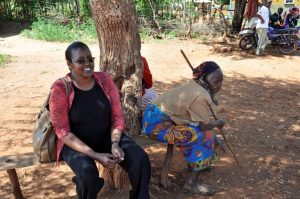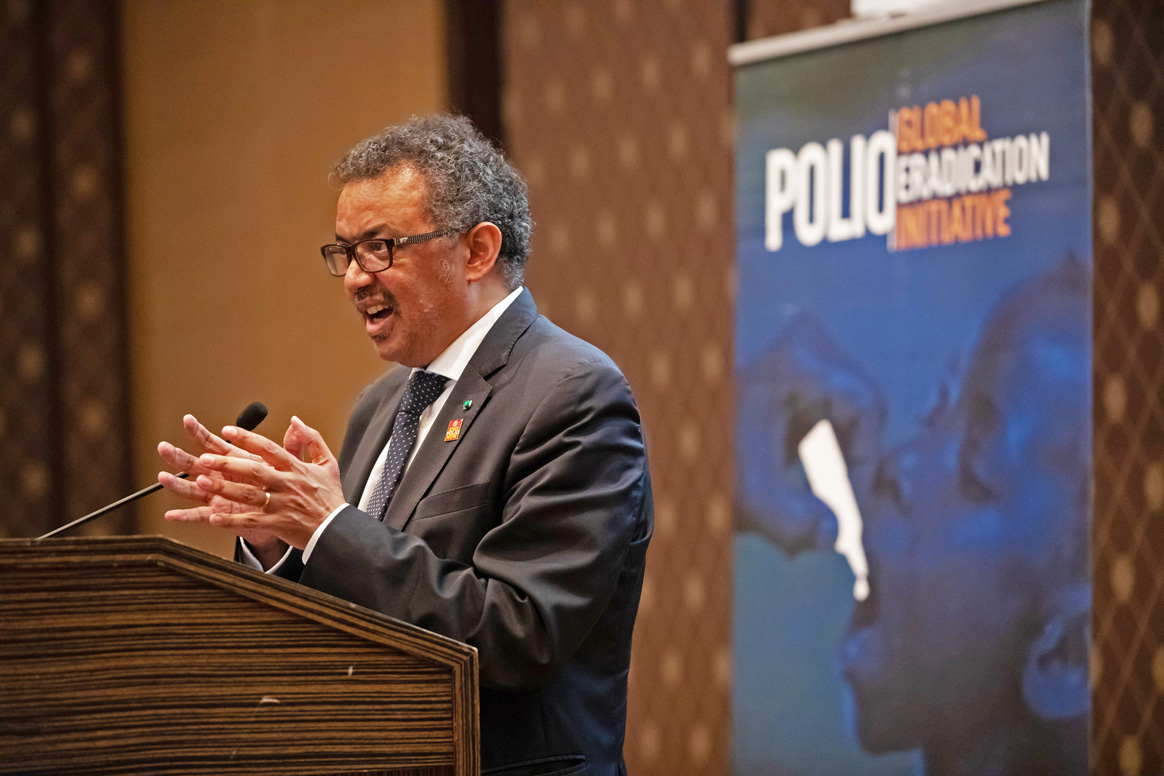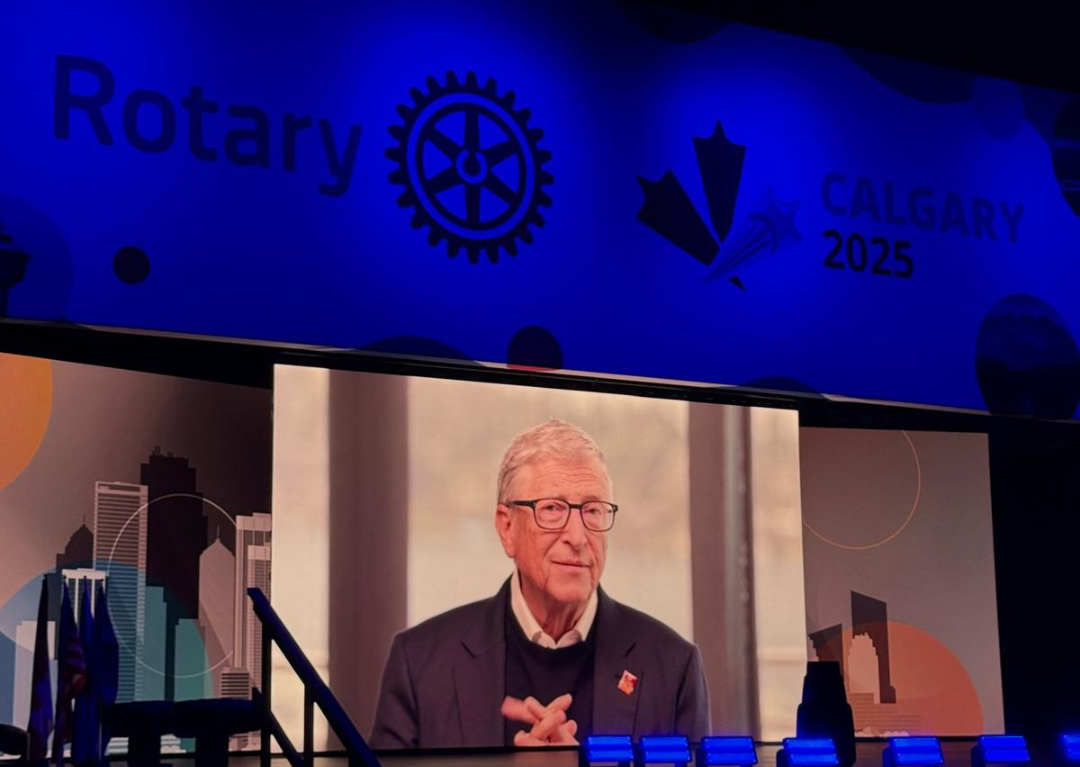
Eradicating polio from the world forever will be one of the biggest public health achievements of our time. Surveillance Officers like Amina Ismail, working for the World Health Organization in Kenya, know that it is not just vaccinating every last child but being able to trace every last virus that will take us over the finishing line to eradication.
At the heart of acute flaccid paralysis surveillance which finds and tests every potential case of polio are surveillance officers like Amina, health workers, data analysts, communities, traditional healers and parents. Ensuring that everyone in the chain understands how important it is to recognise, report and trace the case every single time a child has rapid onset, floppy paralysis is an essential job.
“Disease surveillance is one of the pillars of polio eradication,” Amina explains. “If people don’t know where the disease is, we will not be able to eradicate it.”
| Learn about the daily routine of a surveillance worker through this story, or meet the people who make surveillance possible through this series of photographs from Kenya. |
Strengthening and maintaining surveillance systems are some of the most important things that need to be done to sustain the progress made against the virus, with over a year since a case of wild polio was last confirmed across the African continent. Strong surveillance enables the GPEI to quickly identify outbreaks and helps guide a targeted, rapid outbreak response.


